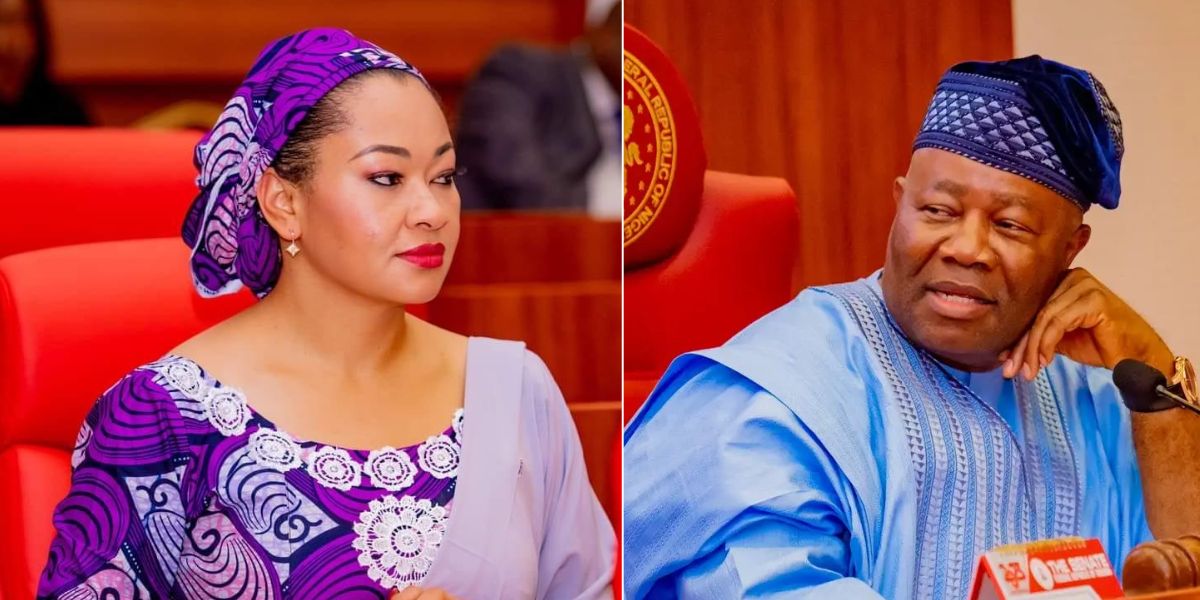Opinion
Natasha’s Suspension: Silencing Or Due Process?
By Benjamin Abioye

The controversy surrounding Senator Natasha Akpoti-Uduaghan’s allegations against Senate President Godswill Akpabio has taken unexpected turns, drawing sharp criticisms from various quarters, including key stakeholders from Kogi Central. While the situation continues to unfold, a crucial question arises—what if Natasha was right all along?
Her persistence in pursuing justice, despite the dismissal of her petition by the Senate Committee on Ethics, Privileges, and Public Petitions, raises concerns about how the case has been handled. The committee initially justified its decision by stating that the matter was already in court and should be left for the judiciary to decide. However, Akpoti-Uduaghan, in a bold statement yesterday, clarified that her petition has not been filed in any court in Nigeria. This contradiction casts doubt on the legitimacy of the Senate’s rationale for dismissing her claims.
Even more striking is the speed at which the Senate moved to punish her with a six-month suspension after dismissing the petition. If her allegations were serious enough to warrant such a reaction, why was there no proper investigation in the first place? Does the Senate’s action reflect a pursuit of justice, or does it show an institution aligning itself with the Senate President?
If her allegations were baseless, why has there been such resistance to fully addressing them within the Senate? The backlash against her, particularly from political actors and stakeholders in Kogi Central, has further complicated the narrative. Instead of receiving widespread support for raising a serious concern, she has faced scrutiny, criticism, and now suspension. This reaction has led some to wonder whether the response to her claims is an attempt to silence her rather than a genuine effort to seek the truth.
The issue has also sparked debates on whether power dynamics within the Senate are influencing the handling of the case. If Akpoti-Uduaghan’s accusations hold any truth, the failure to investigate them thoroughly sets a dangerous precedent—not just for her, but for other women in politics who might face similar situations in the future. On the other hand, if her claims are found to be false, it also raises serious concerns about the ethics of making such allegations in the political space.
As the saga continues, the question remains: Has Natasha Akpoti-Uduaghan been unfairly treated, and is there a larger effort to suppress her voice? Or is this simply another instance of political power struggles playing out in Nigeria’s legislative system? If, in the end, she is proven right, how will the Senate justify its swift punishment and failure to seek the truth from the beginning? Whichever the case may be, one thing is certain—this matter is far from over.
Send Us A Press Statement Advertise With Us Contact Us
And For More Nigerian News Visit GWG.NG









